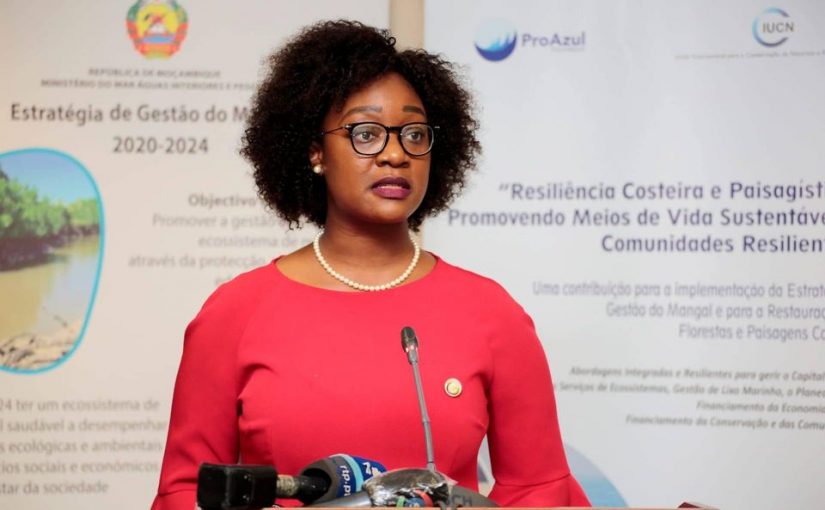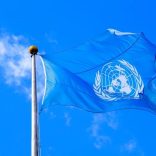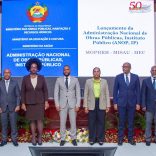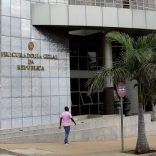Mozambique: Government to introduce “centralized hiring” in Public Administration
Mozambique: Fisheries target 683,000 tonnes of production by 2024

File photo: AIM
The Mozambican Ministry of the Sea, Inland Waters and Fisheries expects that the country’s fisheries production will reach 683,000 tonnes by 2024.
The Minister of Fisheries, Augusta Maita, announced the target on Friday in Maputo at the opening ceremony of a workshop on fisheries and aquaculture to mark World Fisheries Day, 21 November, under the theme “Increase Production, Promoting Coastal and Fishery Resilience”.
Over the years, Maita said, the volume of fisheries production has recorded a significant increase as it reached 420,000 tonnes in 2019, compared with 187,720 tonnes in 2015. If accurate, this would be an increase of 124 per cent in four years.
More than mere statistics, said Maita, the figures also show meaningful improvements in the access to and consumption of fisheries produce, contributing to a healthy diet for Mozambican families.
“In 2019, for instance, the country’s per capita consumption of fisheries produce reached 17 kilos, far above the World Health Organisation’s recommended average, which is 12 kilos per person,” she said.
The government acknowledges that the prevailing challenge is to ensure access to a balanced diet, with top priority to fighting the malnutrition that still affects millions of Mozambicans, especially children.
“In this context, we have been mobilising partners and investment programmes to leverage sustainable fisheries production, respecting measures to ensure the recovery, maintenance, preservation and conservation of fishery resources and the costal ecosystems,” Maita added.
As far as aquaculture is concerned, she said, the government’s ultimate goal is ensuring a transition from an artisanal approach to a commercial and sustainable one.
Maita claimed there is a bright future for Mozambican aquaculture. “The government has approved the Strategy for Aquaculture Development 2020/30 which will revolutionise the area, making it even more prosperous,” she declared.
She also stressed the importance of improving the legislation so that aquaculture is conducted responsibly, taking into account all the biosecurity issues.
The sea and rivers remain the only source of income for 20 per cent of Mozambicans, but the activity is often conducted in an unsustainable way, resorting to harmful fishing gear.
Maita said there has been gradual destruction of the mangrove forests to the detriment of the marine environment. There is also a proliferation of plastic waste which has a harmful impact on marine life and on human health.













Leave a Reply
Be the First to Comment!
You must be logged in to post a comment.
You must be logged in to post a comment.